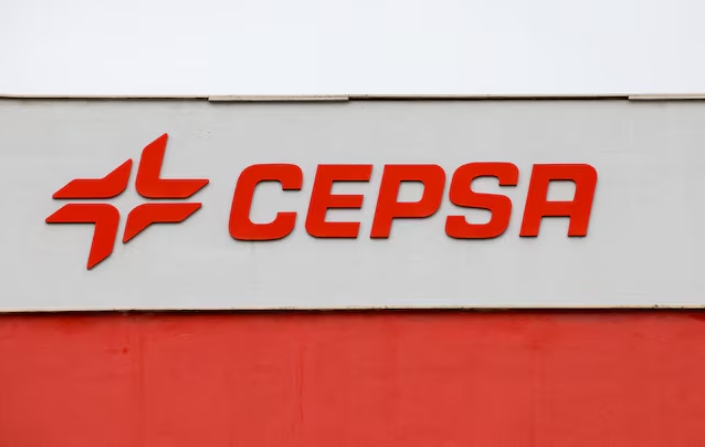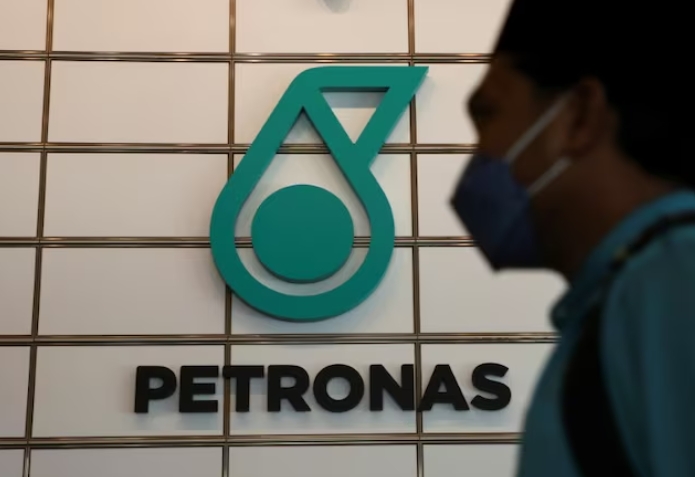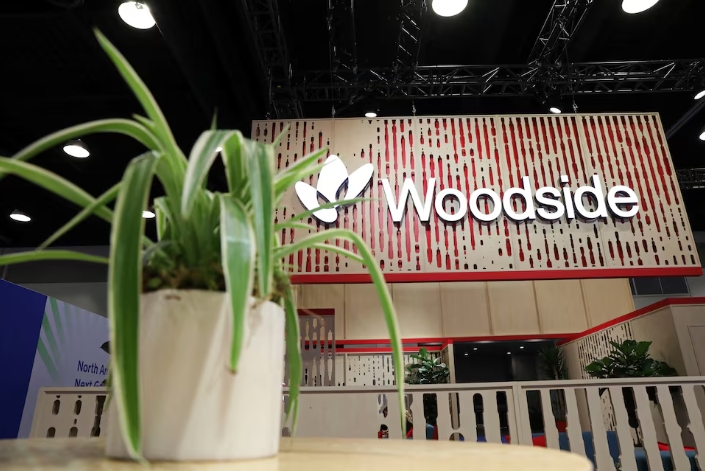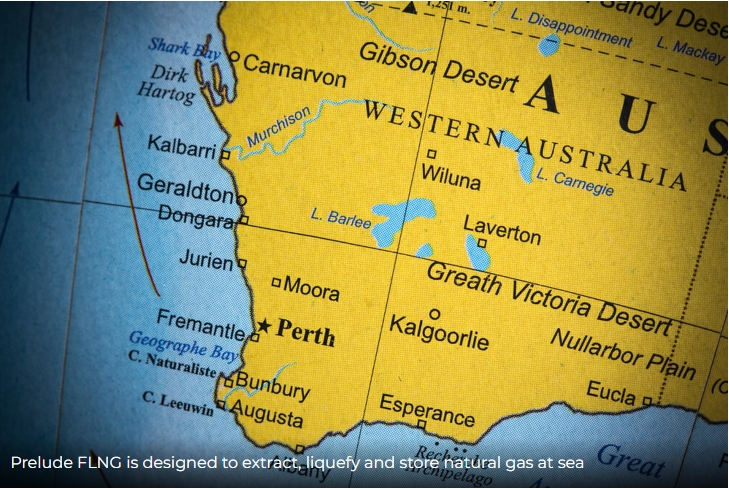South Korean LNG imports fell to their lowest monthly level since 2017 in September, tumbling 25% year on year, latest customs data showed.
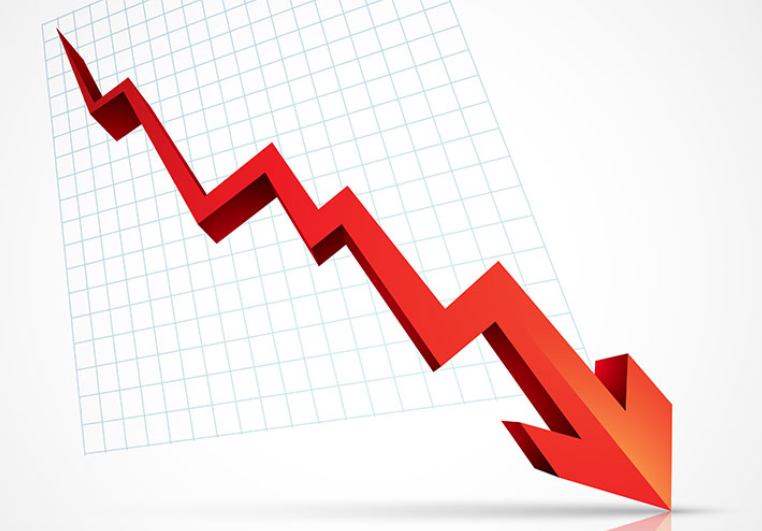
The world’s third largest importer of liquefied natural gas bought 2.5m tonnes of the fuel in last month, which was also down 31% on August volumes.
So far in 2019 South Korea’s imports are down 8% on the year at a cumulative 29m tonnes.
September’s slump dragged down what was shaping up to be a significant recovery in imports over summer. Third quarter volumes were up 2% on the year following declines as low as 18% in the first quarter.
A rise in nuclear power this year has reduced gas-fired generation, curbing the need for LNG imports, Chikako Ishiguro, a senior analyst for Osaka Gas company, told an industry conference in London last week.
South Korea’s approximately 22 GW of nuclear power plants operated at around 81% capacity in the seven months through to July, compared to 74% for all of 2018, her data showed.
The country’s main LNG suppliers saw their volumes tumble relative to competitors. Qatar remained South Korea’s biggest supplier, though its volumes fell 36% to 0.71m tonnes. Australia’s volumes also plunged 49% to 0.43m tonnes.
Malaysia increased volumes 22% to 0.29m tonnes, the US increased volumes 22% to 0.24m tonnes and Russia grew its volumes to 0.19m tonnes, compared to zero in September 2018.
Coal imports ease
Thermal coal imports also fell in September, though not as sharply.
The world’s third-largest hard coal importer bought 11m tonnes of the fuel from abroad in September, down 5% year on year.
On a quarterly basis, South Korean coal imports reached 35.7m tonnes between July and September, up 7% relative to the same period last year.
This stemmed a much sharper slowdown at the start of the year. So far in 2019 South Korea has imported 97.5m tonnes of thermal coal, down 2% on last year’s volume.
Australia remained the largest supplier last month, though its share of 4.1m tonnes of imports eased 5%. Russian volumes fell 19% to 2.1m tonnes, while Indonesia grew its trade by 2% to 2.6m tonnes.
Regional spot LNG and coal prices have plunged this year. December delivery on the JKM index for LNG was last at USD 6.85/MMbtu, nearly half where it stood this time last year. Broker GlobalCoal’s Newcastle index last traded just below USD 69/t, down more than a third.
The fall in coal prices has kept it mostly in the money relative to gas, according to the Eurasia Group.



